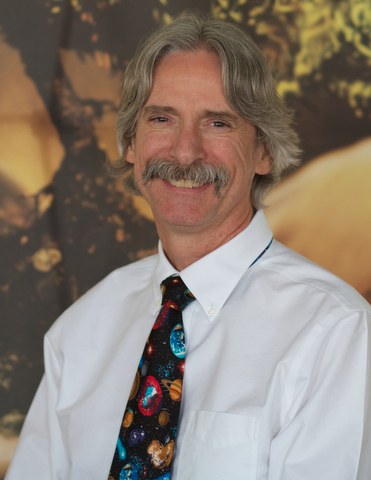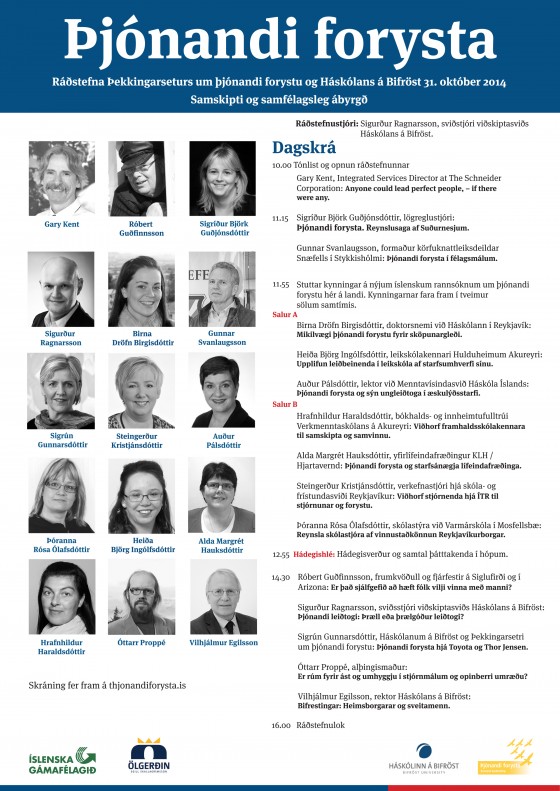Gary Kent sem er Integrated Services Director hjá The Schneider Corporation er gestafyrirlesari á ráðstefnunni á Bifröst 31. október nk. Í erindinu mun hann meðal annars fjalla um mikilvægi góðra samskiptahæfileika leiðtogans. Erindi Gary Kent ber yfirskriftina: Anyone could lead perfect people – if there were any og er lýst með þessum orðum:
Anyone could lead perfect people – if there were any . This quote from Robert Greenleaf’s seminal essay The Servant as Leader, captures the essence of leadership. We live in an imperfect world filled with nothing but imperfect people, and in order to be effective leaders, we must be able to deal with those facts or we are – as Greenleaf said – ‘disqualified from leading.’ One of the most important characteristics of a leader is the ability to communicate. We have often heard that leaders must be able to communicate their vision in such a way that those being lead will – simply on faith – sign up to follow those leaders ‘into the fog.’ But when it comes to servant leaders, the most important aspect of communication is the ability to listen. And this means far more than simply listening to individuals; it means having the extraordinary ability to listen to the heartbeat of an organization.
Only when we are able to listen to what is going on in our organizations, can we practice that seemingly ignored yet very important aspect of servant leadership – which is to act on what we hear, to the benefit of our organizations and their employees. Until leaders do that, they cannot truly and legitimately take up the mantle of accepting responsibility for the well-being of those they lead. Otherwise they are ‘leaders’ in name only – most likely self-proclaimed – and in fact not really leaders at all. All of this must take place in the context of an imperfect world and with those less-than-perfect people (including ourselves) who may question or even try to undermine the best of efforts. The mark of a true servant leader is to be so self-aware that such hurdles – including, most importantly, the self-imposed ones – can be recognized and overcome.


